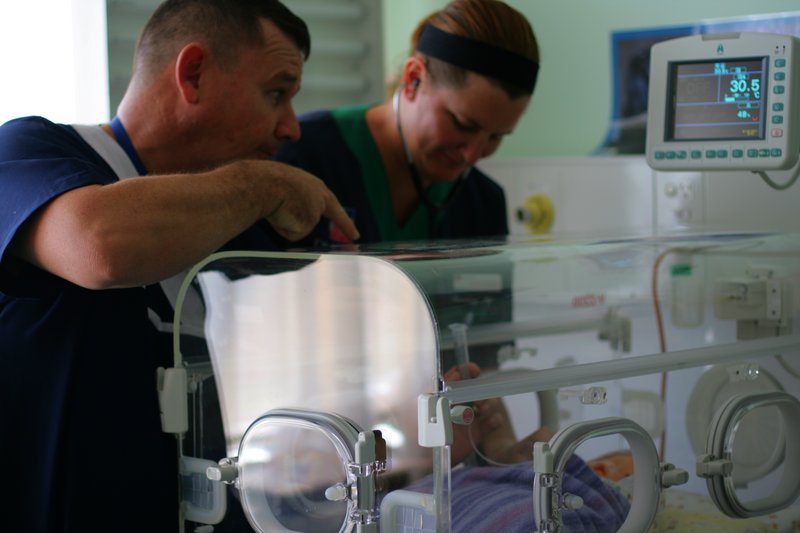Neonatology is a medical specialty that deals with the care of newborns. It’s a subspecialty of pediatrics. In recent years, neonatologists have taken steps to demystify infant care. Part of that means confronting myths about caring for babies that have existed for generations.
Typically, these myths are spread by well-meaning friends and families. They want to help new parents and truly believe they’re passing on sound advice. However, much of this advice is badly out of date. Evidence-based medicine supported by double-blind trials has disproved much of it.
Nutrition and diet are common areas where myths abound. There are several nutrition myths about preemies and full-term babies. Nutrition myths can be focused on what babies eat, how they are fed and how their meals are prepared.
An example of a nutrition myth is that infant formula must be sterilized before feedings. This hasn’t been a recommended practice since the 1950s. In developed countries with clean water, preparing bottles with clean tap water is sufficient. Bottles and nipples should, of course, be washed with soap and water. But boiling is not necessary.
Other myths that persist are often centered on fevers. Parents misunderstand which fevers are serious. They can also attribute fevers to milestones like teething. Studies since the 1990s have shown that there’s actually no link between fever and teething. Even on days when new teeth erupt, an average temperature should not be above 100 degrees. This is a slight elevation, but not a dangerous fever.
Parents typically see fevers of about 102 as serious, high fevers. This is rarely the case. While calling a pediatrician can be prudent in these cases, typically the fever itself is not serious. Causes of fever can also be misunderstood, even by medical professionals. Sometimes, doctors attribute fever in newborns to dehydration. While this may be the case, it’s also important to rule out causes like infection before settling on that diagnosis.
It’s important to continue to talk about these neonatology myths. They are often handed down from previous generations in families. While they represent advice that was cutting-edge in the past, they can create more work for parents in the present. Medical professionals should also ensure that they are keeping up with literature, so that they can avoid pitfalls in treating newborn babies.
